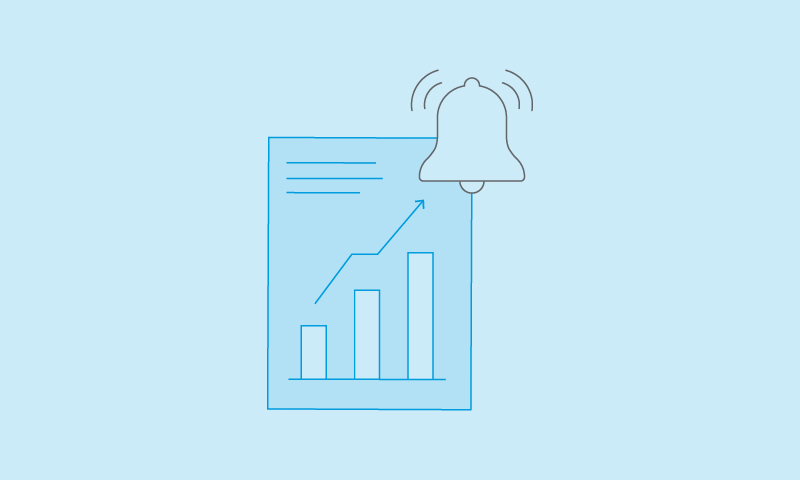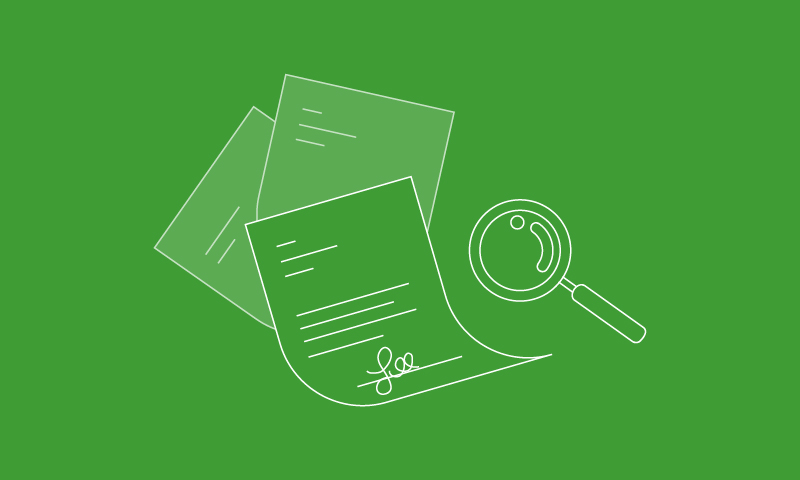20 October 2021
Plastic packaging tax body copy
On 1 April 2022, the UK government will implement a new plastic packaging tax (PPT) to combat the use of single use plastic and encourage greater reliance on recycled plastics.
How does plastic packaging tax work?
PPT will apply to any plastic packaging that is produced in or imported into the UK and does not contain at least 30 per cent recycled plastic. For the purposes of the new tax, “plastic packaging” is defined as packaging that is predominantly (i.e. more than 50 per cent) plastic by weight.
PPT is payable by the manufacturer or importer and will apply at a rate of £200 per metric tonne. PPT will not be due unless 10 tonnes or more of plastic packaging is imported or produced in a 12-month period.
It is important to note that manufacturers and importers will be liable to the levy whether the plastic packaging is filled or unfilled. For example, if a business imports fizzy drinks in plastic bottles or ice cream within a plastic tub (with less than 30 per cent recycled content), then the plastic bottles/tubs will need to be identified for the purposes of PPT.
Who will be affected by PPT?
- Plastic packaging is used in a wide variety of sectors so PPT will have a broad impact. Examples of businesses likely to be affected include:
- Retailers - importing products such as bin liners, sandwich bags, water/fizzy drinks bottles, and carrier bags
- Manufacturers – manufacturing or importing plastic components
- Publishers – importing plastic used for laminating books or applying plastic sleeves to magazines
- Transport providers - importing plastic for transport (e.g. bubble wrap, pallet wrap)
- Fresh food producers - importing plastic packaging to seal their products.
Registration for PPT is mandatory for any organisation that manufactures or imports more than 10 tonnes of plastic packaging, regardless of the amount of recycled plastic they contain. Even if PPT is not ultimately due, all organisations importing, or manufacturing plastic packaging must comply with the record keeping requirements, so it’s important to consider compliance obligations in advance.
Businesses that fall within the scope of PPT are likely to require updated systems to monitor and document the amount of plastic packaging that they produce or import. It may also be necessary to obtain documentation from suppliers confirming the amount of recycled content in plastic packaging imported into the UK.
Steps to take now
- The following action points should be considered as soon as possible:
- Carry out an assessment of whether and to what extent there will be a liability to PPT
- Review supply chains to consider whether efficiencies can be achieved
- Create systems to ensure compliance with the new record-keeping requirements
- Decide who will be responsible for PPT compliance
- Prepare staff training in relation to the new rules.
To manage the administration involved, ensure compliance obligations are met, and avoid penalties, businesses should establish how PPT will apply to them now.









